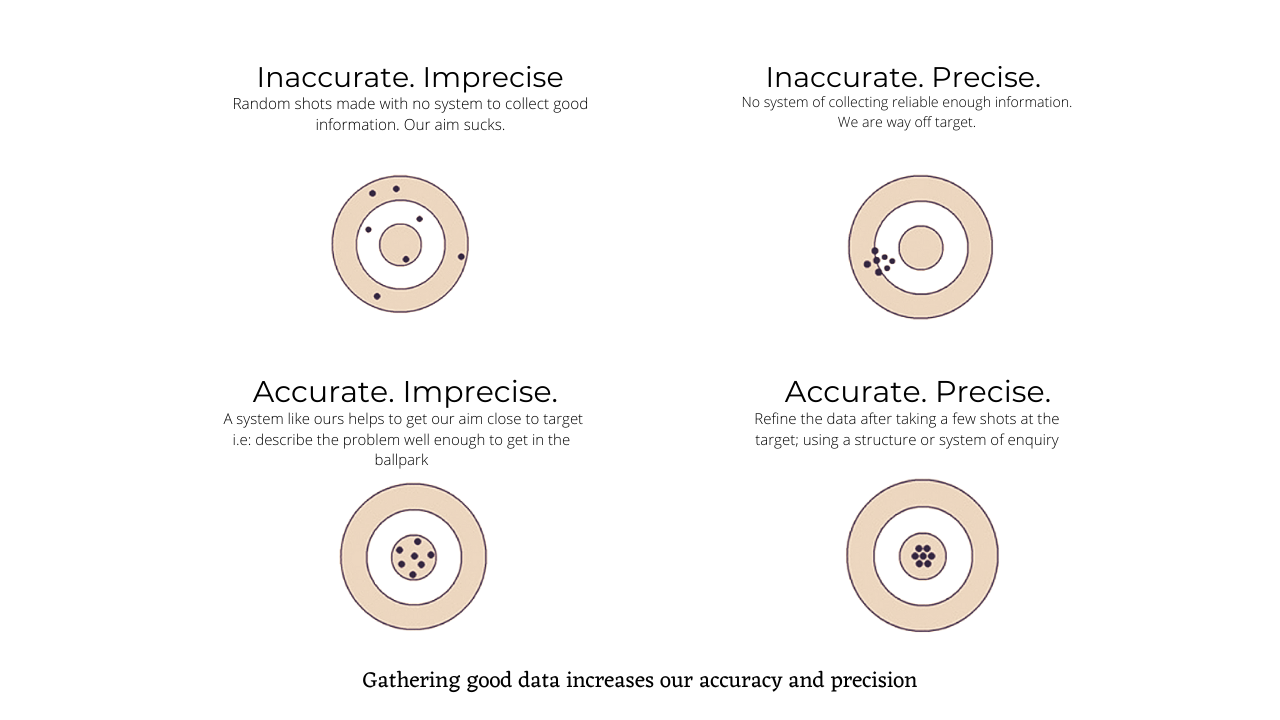The Importance of Empathy: Building Strong Relationships with Your Children and Others

Have you ever felt misunderstood or invalidated when trying to express your thoughts and feelings to a friend or family member? It's a common experience that can leave us feeling frustrated and unheard. But what happens when we flip the situation and put ourselves in the shoes of our children? It's easy to understand why they may stop talking to us or give us the silent treatment. So, what can we do to improve our communication skills and build stronger relationships with those around us?
The key is to focus on understanding both what the person is saying and how they are feeling. When we feel heard and understood, we feel more secure and settled. However, relying on our assumptions, projections, and presumptions can lead to misunderstandings and misinterpretations. To truly understand someone, we need to set aside our own biases and tune in to their words and emotions.
To improve your communication, try these helpful tips:
- Avoid giving unsolicited advice or making assumptions about how someone feels
- Be present in the conversation and avoid distractions such as texting or multi-tasking
- Paraphrase what the other person is saying to ensure you understand their message
- Use open-ended questions such as who, what, when, where, or how to gather more information
- Check in with the person to ensure your understanding is accurate
By practicing empathy and active listening, we can build stronger relationships with our children and others. If you're interested in improving your empathic skills, consider downloading our free mini-training resource. Simply enter your name and email below to receive the link.

